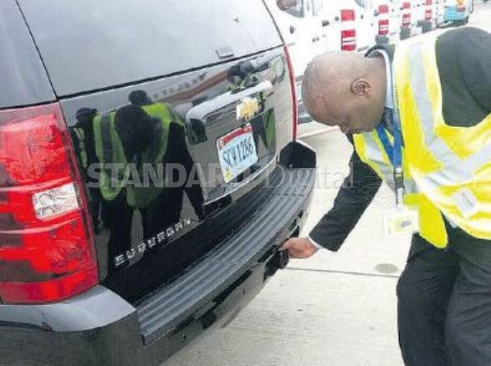×
The Standard e-Paper
Home To Bold Columnists

US drones this week hit Al Shabaab targets in Somalia with devastating effect, eliminating some top commanders of terror in a precision attack that happened barely a week before President Barrack Obama visit to Kenya.